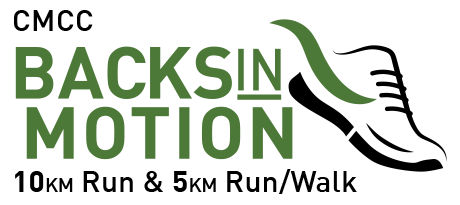I have been doing this coaching thing for a few years now. Read the different philosophies, the books. Talked to different coaches of all levels of athletes and I am starting to draw some conclusions. The following ideas, you may disagree with, but from my experiences seem too be true when it comes to training for triathlon.
1. Periodization is a really sound idea with lots of data to back it up, but isn’t necessarily realistic for the average AG athlete. Periodization is the idea that you break up your season into different blocks or periods. Each period as a specific focus towards building your fitness towards your end goals. I’m not going to get into the specifics of it here (a quick google search will get you all you need to know!). For periodization to work correctly you need to be able to keep to a really specific schedule. There isn’t much lee-way for life to interfere. I find that periodzing an AG athletes schedule like a pro athletes just leads to too much stress because any normal person with a normal life cannot predict what they will be doing 3 or 4 months from now.
That being said, breaking an AG athletes season into blocks is good. Base/Build/Prep/Taper for ex. However, further delineation into weekly segments is often unrealistic. These athletes will gain more by having the flexibility to manipulate their schedules on a weekly basis to fit their lives. As long as appropriate rest is scheduled in, this will work really well for most athletes. Even many pro’s adopt a similar idea.
2. Consistency is everything. No matter how you schedule your season, the number one factor which leads to an athletes progress is consistency. Consistency over weeks/months/years will make you fitter and faster. You will gain very little by doing blocks of big training with nothing in between.
3. Stress is good! Not the kind of stress that makes you pull your hair out, but stressing your body by doing harder efforts. The only way that you will get faster is by doing workouts that take you out of your comfort zone. No matter how you measure it, Heart Rate, power output or perceived exertion you need to get yourself into the upper levels of what you are capable of on a regular basis. No matter if you are a Marathoner, IM athlete or doing 5kms. Getting out of that comfortable pace is imperative for going faster.
4. KISS. Keep it simple. A simple clearly laid out plan will usually lead to better results from most AG athletes. I have determined that some coaches (not all) justify their existence by creating convoluted and difficult to follow plans. A very simple plan of starting at one point, and building towards a goal will result in you achieving your goal. For a triathlete, for example, if you swim/bike/run, a little farther and faster each week, you will end your season being faster and fitter, period! Yeah, I know there are variations that need to happen in there with regards to type/lengths of workouts, but for the normal person with reasonable goals, this will work! Guaranteed!
5. Identify Key Workouts. For each week of your training season, identify 3 key workouts. Depending on your sport which workouts you choose will vary. Again with the triathletes as an example. If you are training for your first ½ IM, your key workouts in the week might be your long swim, long bike and long run. The purpose behind this is to simplify and de-stress yourself. If on every week of your schedule you at least hit your Key workouts, you will be on your way to achieving your goal. It is easy to wrap your head around only having to get in those workouts. Everything else you do in that week is icing the cake. You will have built the base with those key workouts. This is not a new concept, and is also used by some very successful pro athletes.
6. No such thing as an off season. You never just stop. You change the type of training that you are doing, but you keep going. Complementary sports are a great idea for the times of the year when nothing else is going on. XC skiing, snowshoing mountain biking etc. are all great ways to get out of the rut of just training your specific sport.
It is also important to keep stressing your system occasionally in the off season. Doing some hard efforts most weeks will provide great benefits come next season. Just make sure that you make recovering from these harder efforts paramount. You do not want to build up any residual fatigue at this time of year.
I guess that is enough of a ramble for me on these ideas. As I said, this is my generally philosophy, and many of you might disagree (rightly so!) with what I have said. Everyone is different and what works for one person will not necessarily work for the rest. So take it with a grain of salt.
Train Hard!





















What workouts and training should I do for walking?